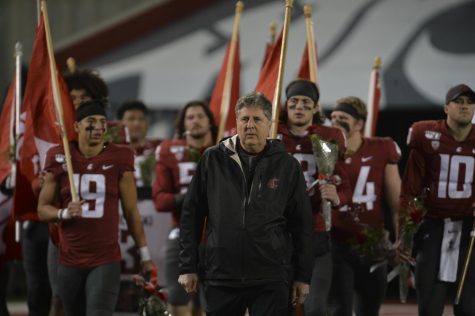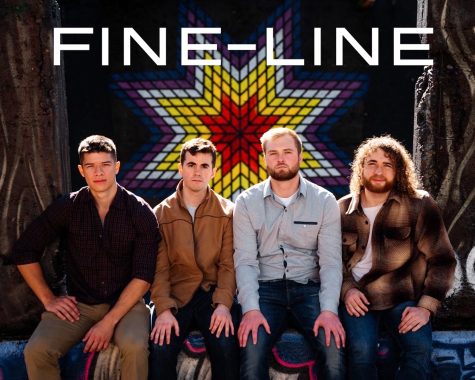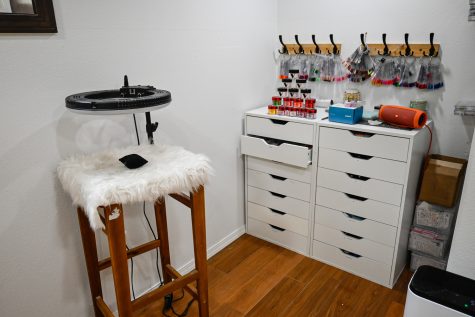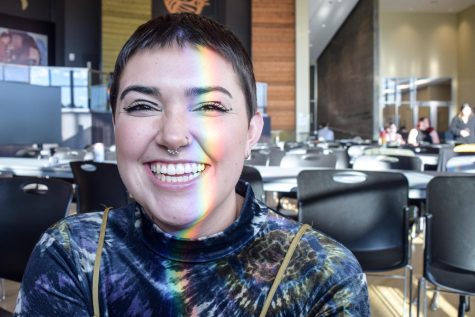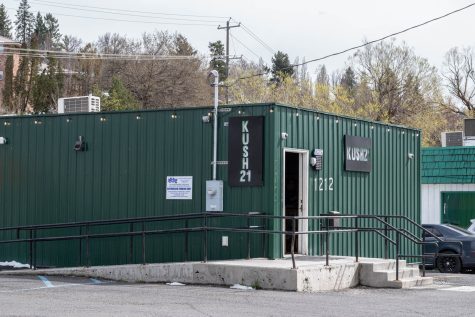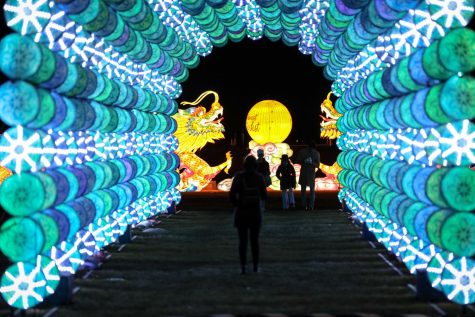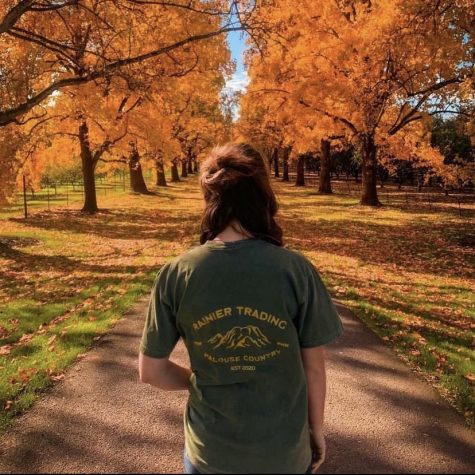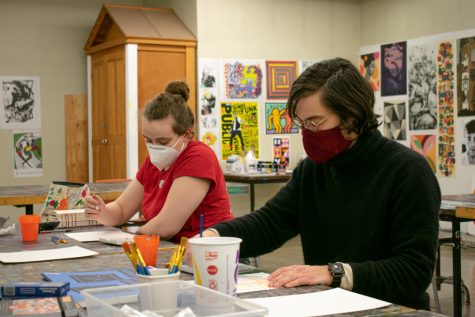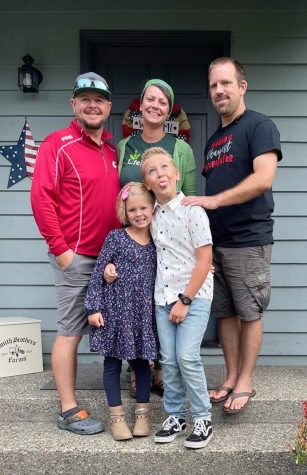VegWSU encourages vegan lifestyles
September 30, 2016
{{tncms-asset app=”editorial” id=”ca8c95f6-86b7-11e6-b24e-8bb0ef85b8f5″}}
Imagine a 14-year-old, searching for a job, working in her free time and then challenged to grocery shop, only to find limited resources about the diet and lifestyle she wanted to pursue to better the lives of the animals with which she shares the earth.
Being forced to move forward without the support of a parent who raised the cattle she developed a love for at a young age, Destiny Sternod faced that reality.
Sternod, the president of VegWSU and member since its founding, now advocates the benefits of veganism and vegetarianism while recognizing the health impacts.
Sternod said we sometimes feel a disconnection to people different from us, whether by looks, beliefs or religion, often resulting in mistreatment of the minority by the majority. This disconnection is what our systems of power flourish on.
“I believe that veganism can force us to realize how deeply ingrained systems of power and oppression run (and) our connection to all beings,” Sternod said. “It removes the blinders that hide the exploitation and treatment of animals.”
The VegWSU club, founded by former WSU student Tia Monzingo, was officially established in February 2014. They offer an environment where students who are interested can gain further knowledge on veganism, vegetarianism and animal rights.
“There are wonderful resources now,” Sternod said. “When I first went vegan, there was nothing, but now there’s products and brands all over that are vegan.”
VegWSU organizes community building within the club through discussions, activities or getting together to eat nutritious food. They host at least one big event each year, such as movie screenings, in order to raise awareness of both the club and what they stand for, Sternod said.
Sternod enjoys building the community within the club, getting to know other vegans, and exploring her options to replace non-vegan foods.
“When we first started VegWSU, I didn’t even realize there were other vegans here.” Sternod said. “Contrary to what popular media would have you believe about vegans, shouting out that they’re vegan, it’s not something you know when you’re sitting next to someone in class.”
John Lupinacci, advisor for VegWSU and assistant professor in the College of Education, follows a vegan diet. He focuses primarily on engaging and inviting people to think about the relationships that we have in our communities around food.
“A large area of my research is to look at food relationships,” Lupinacci said. “Food plays an intimate role in our culture and our relationships.”
Veganism, vegetarianism and VegWSU intersect with animal rights and politics around human-animal relationships. Additionally, VegWSU is about sustainability, ecological footprints and health, Lupinacci said.
VegWSU shares information among each other and to the public about what to eat and how to do so on campus and around the community.
“We’re not trying to impose a particular way on anybody, but we do this for a variety of different reasons,” Lupinacci said.
A vegan or vegetarian diet involves a great deal of research at the beginning, but it can be a rewarding process. VegWSU supports all varying perspectives as they focus on a variety of these benefits.
“We are a diverse group of vegans and vegetarians,” Sternod said. “We are a very welcoming group and are here to provide a safe and supportive community for students during their time here at WSU.”
VegWSU’s first meeting was held at 6:30 on Thursday, Sept. 29 in CUE 209. Meetings are held every other week at 5:30 either on Tuesday or Wednesday.









